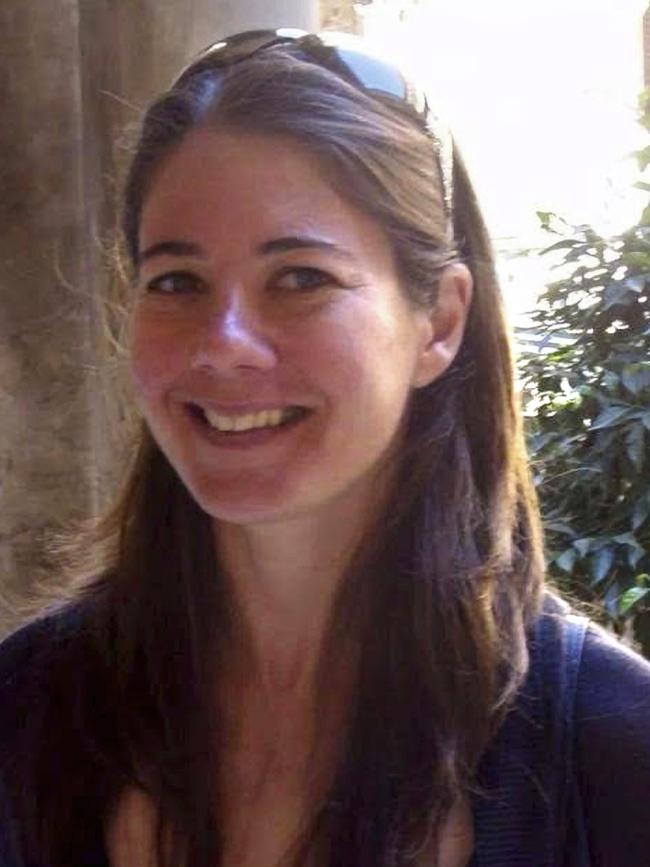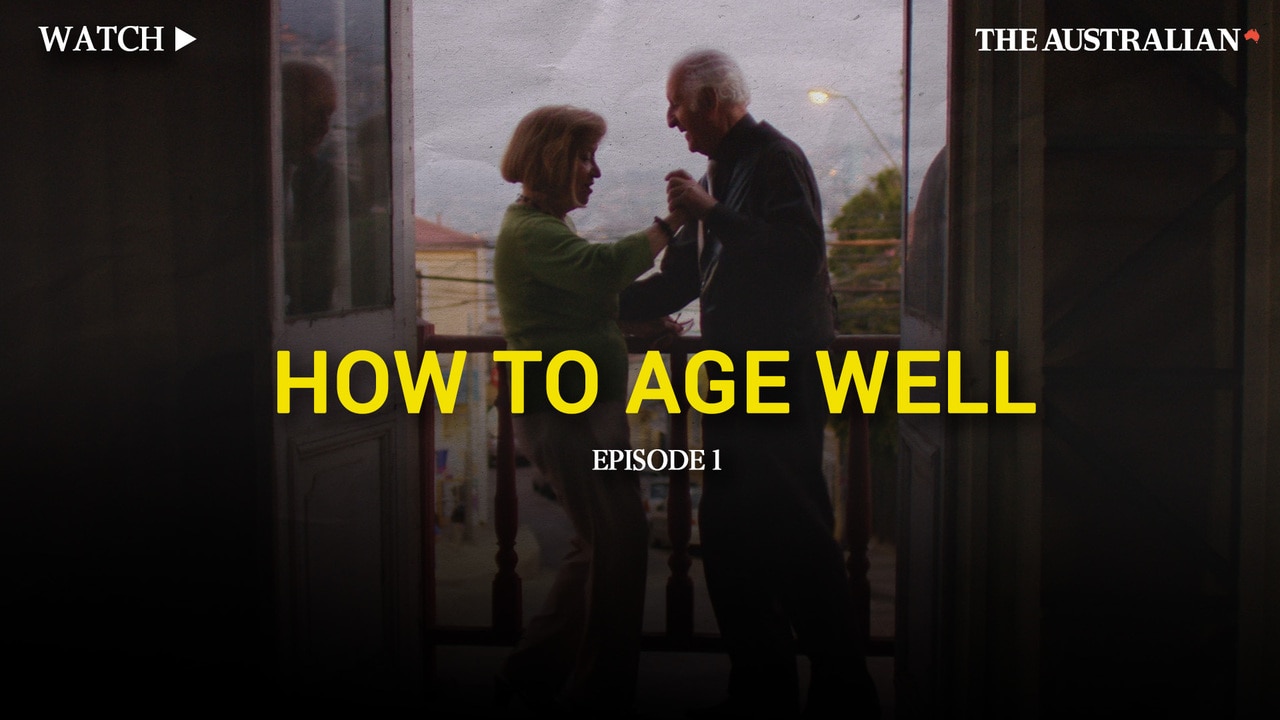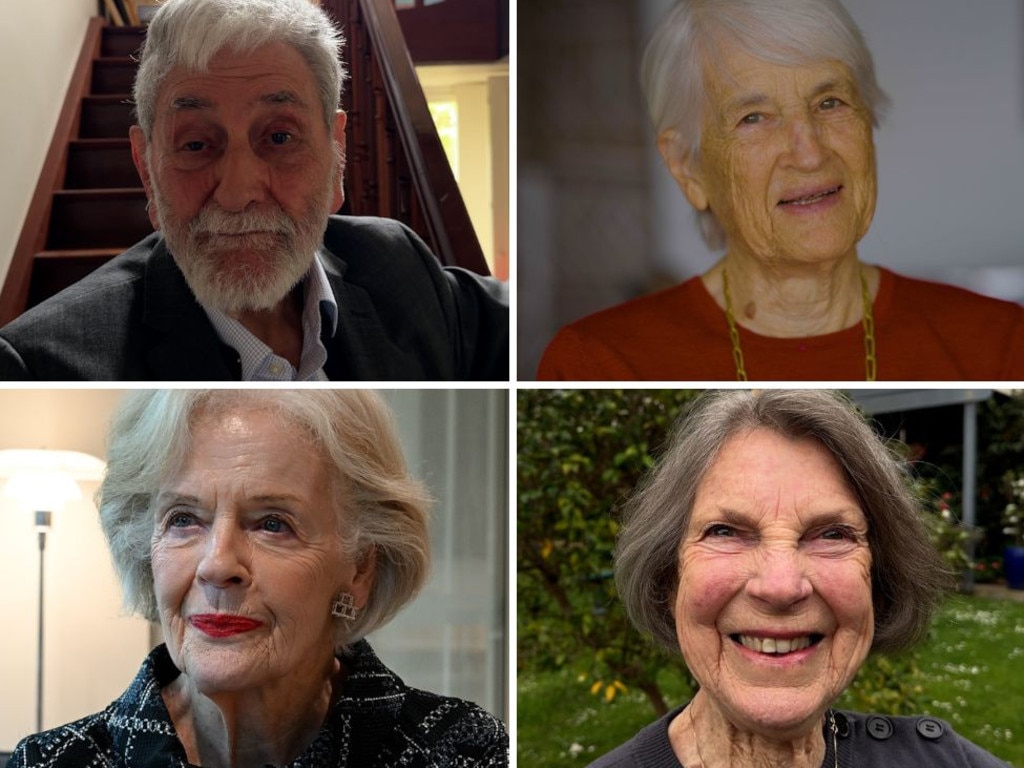Frailty needs to be addressed as a health issue, not an age issue
Frailty is one of the main reasons our health system is under strain. But we should not accept it as something that just happens as you age, says the Australian expert about to lead a Lancet commission on the condition.

Frailty isn’t just an issue for the elderly – it’s a warning for all of us
When we think about ageing, most of us picture it as something that happens far off in the future, something to worry about later. But the truth is, the way we age is shaped much earlier than we realise.
Frailty, one of the most serious health challenges facing older Australians, is often misunderstood as a natural part of getting old. It’s not.
It’s a medical condition that reduces the body’s ability to recover from stress, making people more vulnerable to falls, infections, surgery, and even minor illnesses. And it doesn’t appear out of nowhere. It develops over decades.
That’s why young and middle-aged Australians need to pay attention now.
Frailty affects up to one in four people aged over 65 in Australia. It increases the risk of hospitalisation, dependence, and premature death and it’s one of the major reasons our aged care system is under strain.
Frailty is a medical condition that happens when the body loses its ability to bounce
back from everyday stresses such as infections, minor injuries, or changes in medication.
It’s not about one specific illness but a slow decline across multiple systems in the body
such as muscles, bones, brain, immune system and digestion, which together reduce a
person’s strength, balance, energy and resilience.
Frailty can be recognised clinically by its physical symptoms such as exhaustion, slow
walking speed, low grip strength, low physical activity level, and unintentional weight
loss.

It also places enormous pressure on families, carers, and our already stretched health system.
The good news is that frailty is not inevitable. In many cases, it can be prevented, delayed, or even reversed.
What determines whether someone becomes frail in their 70s or remains active well into their 90s comes down to a combination of lifelong factors: diet, physical activity, mental health, social connection, housing, and access to care.
That means action taken in your 30s, 40s and 50s – or even earlier – can make a real difference later in life.
The habits and environments we build today are laying the foundation for how we’ll live tomorrow.
This isn’t just about living longer, it’s about living better – staying mobile, independent, socially connected, and out of hospital for as long as possible.
That’s good for individuals, but it’s also critical for the sustainability of our health system.
Yet frailty remains one of the least understood conditions in Australia.
It’s not recognised in the same way we think about diabetes or heart disease, even though it has widespread and costly consequences.
We don’t have a national approach to detecting it early, managing it properly, or preventing it at scale.

We need better tools to identify frailty before it becomes critical. We need care pathways that treat frailty as a real condition, not just a vague sign of getting old.
And we need public health strategies that address the root causes: inequality, isolation, malnutrition, and chronic disease.
In places such as England, frailty is formally recognised in the health system. It’s diagnosed, tracked and funded in the same way as other chronic conditions. Australia is lagging behind, and it’s time we caught up.
As the population ages, frailty will become one of the defining health issues of our time.
If we don’t act now, it will lead to more emergency department visits, more aged care demand, and ballooning health costs.
That’s why I’m leading the new Lancet Commission on Reorienting Frailty in Clinical Practice, Public Health and Policy.

Lancet commissions bring together academic partners and leading experts to identify
the most pressing issues in science, medicine, and global health, with the aim of
providing recommendations that change health policy or improve practice.
This commission will generate high-quality data, assess costs, and align with global
initiatives such as the UN Decade of Healthy Ageing.
It will hear from older adults themselves on how they experience frailty, what matters to
them, and how systems can support them to age with dignity and purpose.
Our goal is to change how the world understands and addresses frailty before it overwhelms aged care facilities, hospitals, and families.
But the real change needs to happen across our communities, in workplaces, in government, and in families.
If you’re young and healthy today, you may not feel like frailty has anything to do with you. But the decisions you make now about how active you are, the food you eat, how connected you stay, and how we shape our society will decide how you age, and what kind of health system we’ll all rely on in future.
Elsa Dent is associate professor at the Bond University Institute of Evidence-Based Healthcare. She has been announced as the lead for the new Lancet commission on frailty.




To join the conversation, please log in. Don't have an account? Register
Join the conversation, you are commenting as Logout